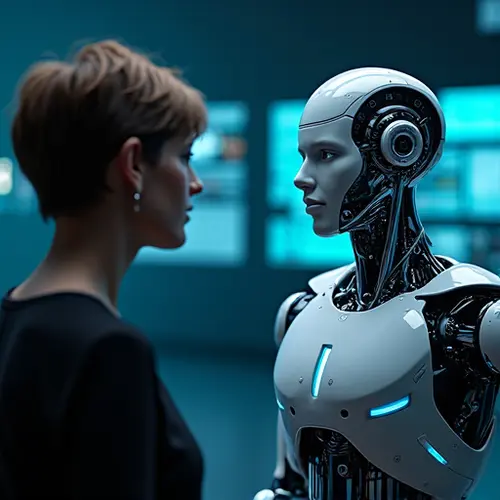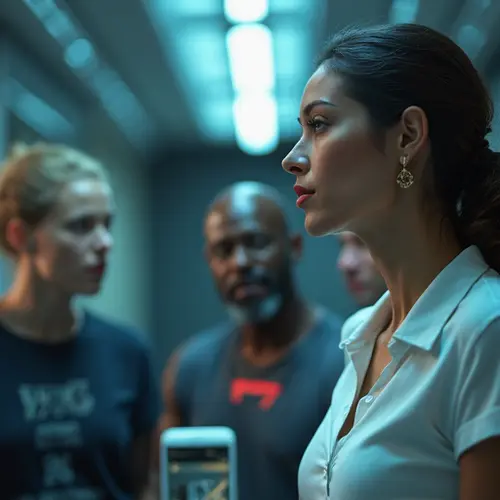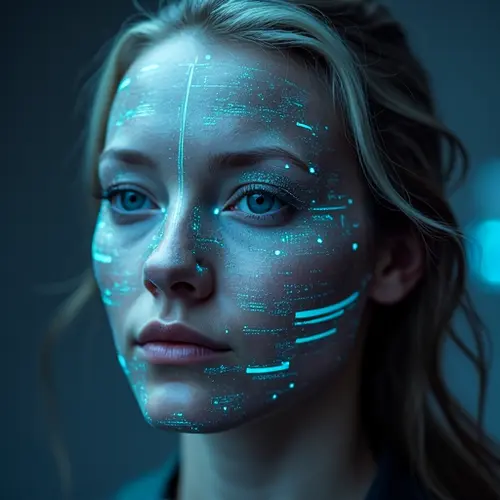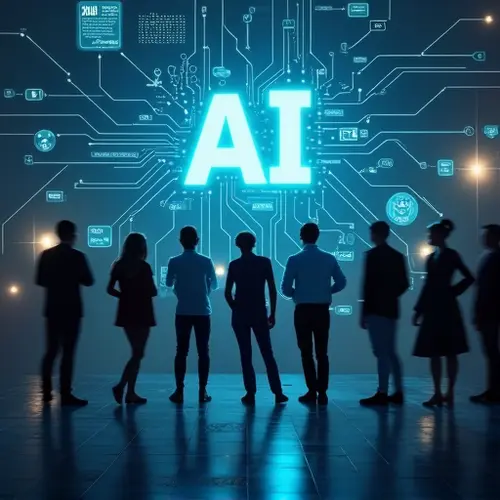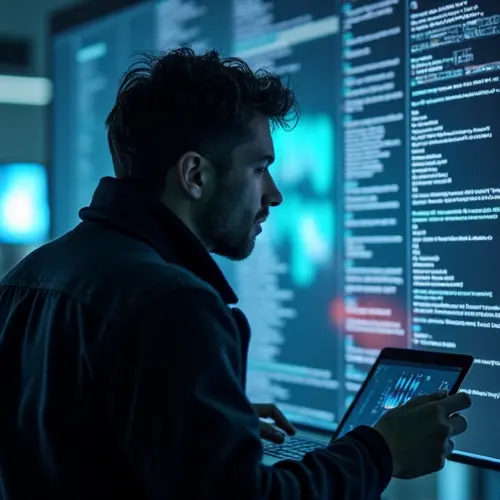AI Voice Cloning Sparks Legal Debate
The rapid advancement of AI voice cloning technology has ignited a heated legal debate, with experts calling for updated laws to address the challenges posed by synthetic media impersonation. As generative AI tools like ChatGPT, DeepSeek, and others become more sophisticated, the ability to clone voices with near-perfect accuracy raises significant ethical and legal concerns.
The Rise of Generative AI
Generative artificial intelligence (Generative AI) has revolutionized industries by creating text, images, and even videos based on input prompts. However, its application in voice cloning has opened a Pandora's box of potential misuse, from deepfake scams to unauthorized impersonation of public figures.
Legal and Ethical Challenges
Legal experts argue that current intellectual property and privacy laws are ill-equipped to handle the complexities of AI-generated voices. For instance, the music industry is grappling with the unauthorized use of cloned voices of artists, raising questions about copyright infringement and consent.
In a recent case highlighted by IPLINK ASIA, AI voice cloning was used to mimic a famous singer's voice without permission, sparking outrage and calls for stricter regulations.
Proposed Solutions
Lawmakers and technologists are exploring solutions such as digital watermarking for AI-generated content and stricter penalties for misuse. The debate also extends to the need for international cooperation, as AI tools transcend borders.
As the technology evolves, the legal framework must adapt to protect individuals and industries from the potential harms of synthetic media impersonation.

 Nederlands
Nederlands
 English
English
 Deutsch
Deutsch
 Français
Français
 Español
Español
 Português
Português
